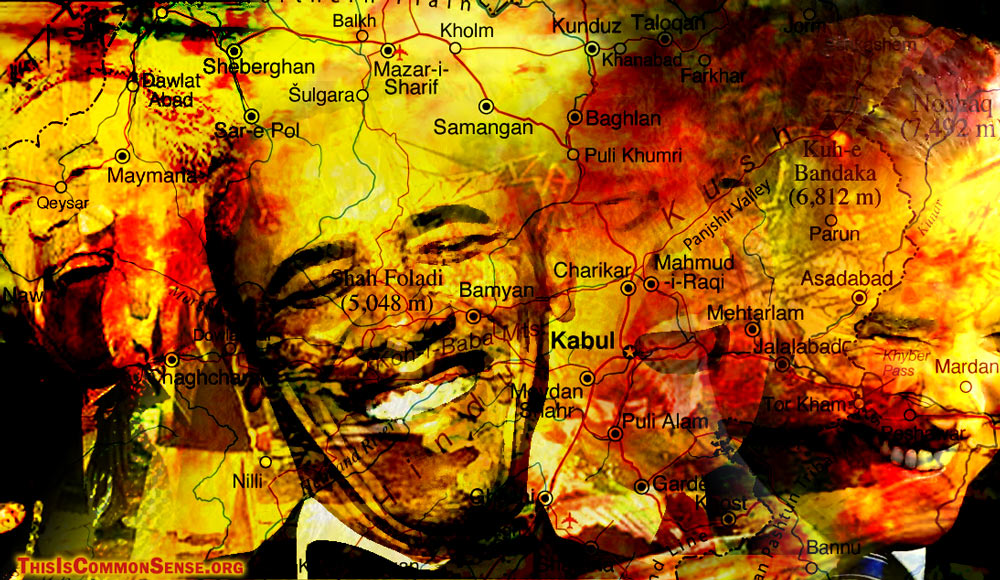President Biden yesterday called the now somewhat* completed withdrawal of U.S., Afghan and coalition soldiers and civilians an “extraordinary success,” arguing that “no nation has ever done anything like it in all of history.”
There were a reported 120,000 people airlifted out, but with 13 U.S. soldiers killed in last week’s suicide attack at the Kabul airport, along with three British nationals and more than 160 Afghans — let’s cancel any victory lap.
Still, I’m more with Mr. Biden than with Senate Minority Leader Mitch McConnell, who made the case on Fox News Sunday with Chris Wallace that the occupation of Afghanistan was a complete success, making the pull-out (now over) a horrendous policy mistake.
McConnell’s case for a never-ending “Mission Accomplished” understates the costs in blood and treasure — by trillions of dollars, in part. Just like you would expect of a deficit-and-debt plotter.
“America’s longest war has been by any measure a costly failure,” argues David Rothkopf in The Atlantic, adding that “Joe Biden doesn’t ‘own’ the mayhem on the ground right now.” Instead, Rothkopf blames “20 years of bad decisions by U.S. political and military leaders.”
Rothkopf errs in letting Joe “The Buck Stops Here” Biden and the generals off the hook for the withdrawal. And gifting the enemy with a vast and sophisticated arsenal.
All four Afghanistan War presidents deserve blame, along with the war establishment, in government and out.
Remember: wars that cannot be won even with military victory on the battlefield should not be fought.
This is Common Sense. I’m Paul Jacob.
* The Biden Administration continues to pledge they’ll work to get Americans left in Afghanistan out. However, in an ABC News interview a little more than a week ago, Biden had committed that, “If there’s American citizens left, we’re going to stay until we get them all out.”
See all recent commentary
(simplified and organized)
See recent popular posts



